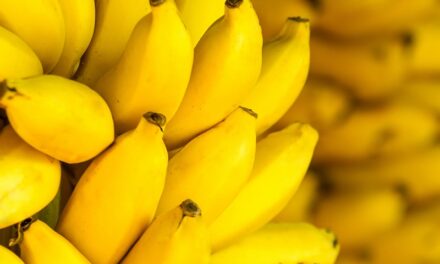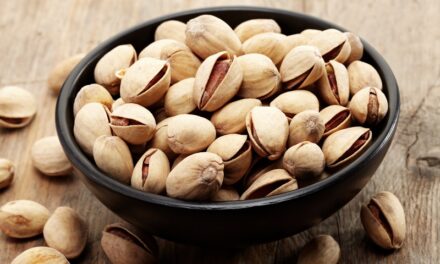Know about the nutrition value, vitamins, minerals, benefits & side effects of beetroot
What are the benefits of beetroot?
Increase exercise capacity
- Many studies have found that the consumption of nitrates helps in improving physical capacity.
- This results in increased stamina during high-intensity endurance exercise.
- Beetroot is used in juices or salads due to its high inorganic nitrate content.
- It is known to help improve stamina, boost oxygen utilization, improve running and cycling abilities.
Reduce high blood pressure
- The problem of high BP can cause damage to the heart and blood vessels.
- Whereas due to high blood pressure, the risk of heart disease, stroke, and premature death increases.
- Whereas these diseases can be prevented by normalizing high blood pressure by consuming fruits and vegetables containing inorganic nitrates.
- Blood vessels relax due to the increase in the level of nitric oxide in the body.
- Beetroot contains it in good quantity, so consuming it gives benefits.
What are the side effects of beetroot?
Oxalate
- Beetroot has good oxalate levels, due to which it can lead to the formation of kidney stones.
- Also, the absorption of micronutrients decreases due to oxalate.
- The level of oxalate is much higher in beet leaves.
Other
- Mostly, people digest beetroot. But people may have problems in cases of kidney stone problems or suspicions.
- Whereas the color of urine can be red or pink due to consumption of beetroot. Although it does not give any harm.
- Also, sensitive people especially patients with irritable bowel syndrome may have digestive problems.
What is the nutritional value of beetroot?
In 100 grams ripe beetroot –
- 88% water
- 0.2 g fat
- 6.8 g sugar
- 2.8 grams fiber
- 9.6 grams carbs
- 1.6 grams protein
- 43 calories
What vitamins and minerals are present in beetroot?
- Manganese – In addition to pulses, fruits, vegetables, beetroot is rich in complete grains.
- Potassium – Consuming a high potassium diet has been shown to lower blood pressure levels and have positive effects on heart health.
- Iron – Iron is very important for transporting oxygen in red blood cells.
- Vitamin C – This is a type of antioxidant that is very important for skin health and immune function.
- Folate – This is an important part of B-vitamins. It is essential for cell function and normal tissue growth.
Lastly
Beetroot is one of the nutrient-rich foods which is a good source of fiber, folate, potassium, vitamin C, iron, manganese.
Along with this, it helps in increasing exercise capacity in addition to giving relief in high blood pressure, improving blood flow.
You can consume it with salad or any other recipe.
FAQS – Benefits and side effects of Beetroot?
How much beetroot should be eaten in 1 day?
- You can eat 2 beetroot in a day.
- While pregnant women get benefits from consuming it.
- It does not allow blood loss during periods in women.
What nutrients are found in beetroot?
- Fiber
- Folate
- Potassium
- Vitamin C
- Iron
- Manganese
How is beetroot eaten?
- It can be eaten raw and in salads.
How much blood increases by eating beetroot?
- The benefits of beetroot are many for people who are deficient in blood.
- The more the beetroot is planted, the better it will be.
- This boosts immunity.
- Also, the skin gets a lot of benefits.
What happens if you mix beetroot and honey together?
- Due to this, the body gets plenty of iron and antioxidants.
When should you drink beet juice?
- You can drink it by mixing it with carrot juice during winters.
What are the uses of beet leaves?
- They are considered a good source of calcium.
- Apart from calcium, iron deficiency is also fulfilled by drinking its juice.
How many calories are in 100 grams of Beetroot?
- There are 43 calories in 100 grams of beetroot.
Which acid is found in beetroot?
- Folic Acid – Which is considered very good for the unborn baby in the womb of pregnant women.
What is the taste of beetroot?
- Beetroot has a cooling effect.
References –






















 English
English हिन्दी
हिन्दी








